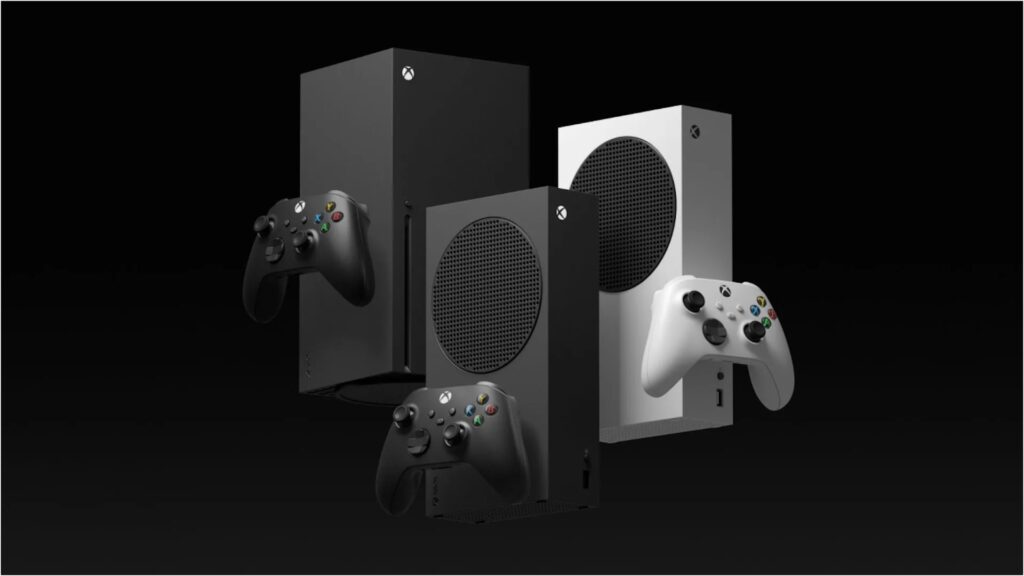Microsoft Postpones Windows Recall After Major Backlash
Read more of this story at Slashdot.
Read more of this story at Slashdot.

Les consoles Xbox n'étaient capables de garder en mémoire qu'un seul réseau Wi-Fi à la fois. La dernière mise à jour rectifie ce problème, qui forçait à toujours repasser par la case configuration quand on se déplaçait.
Read more of this story at Slashdot.

Microsoft organise une conférence importante le dimanche 9 juin, dans une période qui aurait été autrefois l’E3. Des grosses annonces sont attendues du côté de la multinationale.

Finalement, Microsoft ne laissera pas la fonction Recall prendre des captures d'écran de tout ce que fait l'utilisateur, sauf s'il approuve. L'entreprise annonce plusieurs modifications à son nouvel outil. Celui-ci concerne uniquement certains ordinateurs, de la gamme Copilot.

Finalement, Microsoft ne laissera pas la fonction Recall prendre des captures d'écran de tout ce que fait l'utilisateur, sauf s'il approuve. L'entreprise annonce plusieurs modifications à son nouvel outil. Celui-ci concerne uniquement certains ordinateurs, de la gamme Copilot.
Read more of this story at Slashdot.
Read more of this story at Slashdot.

À quelques jours de sa conférence estivale, Microsoft lève le voile sur la première fournée de jeux intégrant le Xbox Game Pass en juin. Il y a de quoi s'occuper si l'été est pluvieux.
Read more of this story at Slashdot.
Read more of this story at Slashdot.
Read more of this story at Slashdot.
Read more of this story at Slashdot.
Read more of this story at Slashdot.
Read more of this story at Slashdot.
Read more of this story at Slashdot.